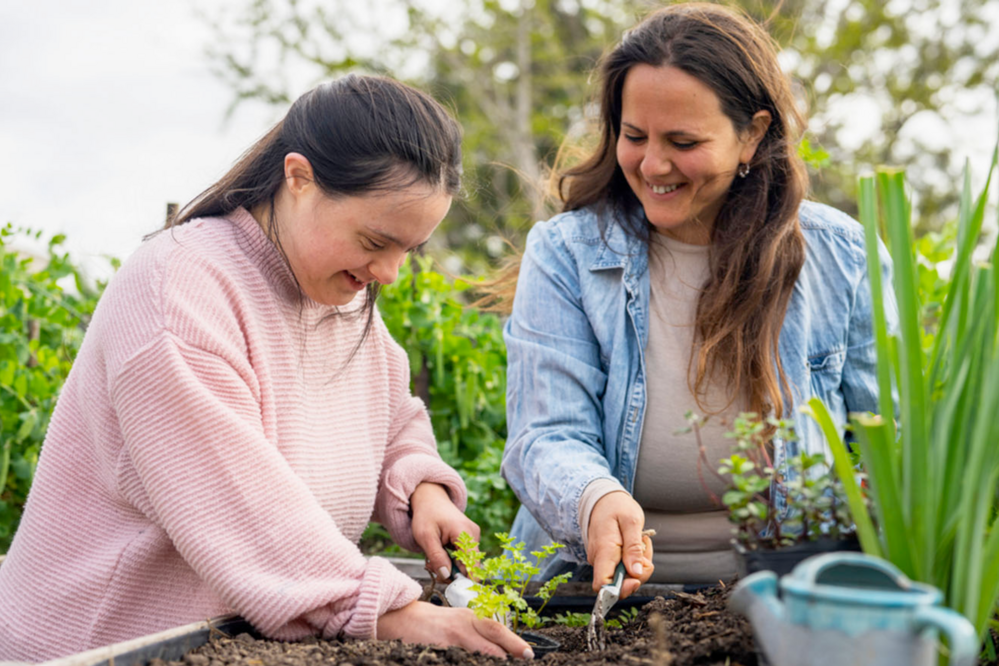About This Webinar:
This webinar explores the transformative power of gardens and gardening in enhancing the lives of individuals facing diverse disabilities. Discover how gardens, thoughtfully designed and inclusive spaces, can serve as therapeutic havens, promoting physical, emotional, cognitive and social well-being. Learn about the wide-ranging benefits of gardening, from sensory stimulation to stress reduction, and explore practical insights on creating accessible, sensory-rich gardens that cater to varying abilities. The presenter will delve into the therapeutic benefits of gardens and gardening, the principles of garden design for accessibility, and the importance of creating safe and welcoming environments for all. Gain valuable guidance on initiating and managing community garden projects, securing funding, and garnering support within military installations and communities.
Whether you’re a military service provider, a family support professional, or simply passionate about enhancing the well-being of individuals with disabilities, this webinar will equip you with the knowledge and tools to make a meaningful impact. Uncover the potential for growth, healing, and connection that lies within the world of therapeutic horticulture. Join us for “Rooted in Resilience” and be inspired to create inclusive, nurturing environments where individuals with disabilities can thrive and flourish. Together, we’ll sow the seeds of well-being, resilience, and unity.
Learning Objectives:
Explain the physical, emotional, cognitive and social benefits of gardening for individuals with disabilities.
Explore strategies for selecting sensory elements, plants, and design features that cater to specific disabilities.
Identify key principles and design elements that make gardens accessible and welcoming for individuals with varying abilities.
Recognize the significance of creating garden spaces that are safe, non-toxic, and inviting for individuals with disabilities.
Presenter:
Xuan (Jade) Wu, Ph.D., AIFD, CFD, EMC
Department of Family and Community Health
Texas A&M AgriLife Extension Service
Dr. Xuan (Jade) Wu, Ph.D., AIFD, CFD, EMC, CEJ holds the position of Assistant Professor and Extension Specialist at Texas A&M University. Dr. Wu brings a wealth of expertise in research, teaching, and extension across the interdisciplinary spectrum of science, art, business, technology, and human aspects in horticulture. Currently, her projects focus on people-plant interactions, and health and well-being benefits of plants. Having earned her doctoral degree in 2020, Dr. Wu embarked on a groundbreaking initiative by co-founding the Horticultural Options in Plant Sciences (HOPS) program—a visionary post-secondary certification program. This innovative program is dedicated to equipping young adults with disabilities with essential skills and experiences, fostering work readiness and facilitating a seamless transition into competitive integrated employment within the horticulture industry.
Continuing education credit is available.
Register: https://oneop.org/learn/160037/


Comments (0)